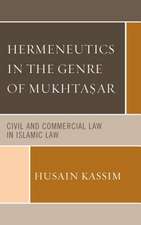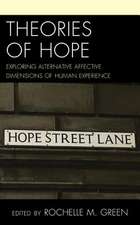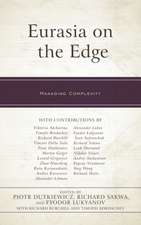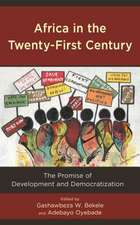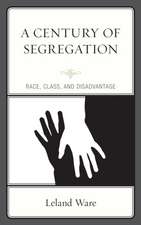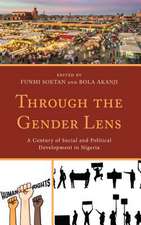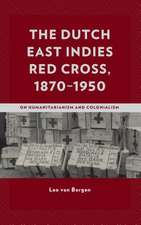Gender and Genre
Autor Stephanie M. Hilgeren Limba Engleză Paperback – 24 mai 2016
| Toate formatele și edițiile | Preț | Express |
|---|---|---|
| Paperback (1) | 422.55 lei 43-57 zile | |
| Rowman & Littlefield – 24 mai 2016 | 422.55 lei 43-57 zile | |
| Hardback (1) | 614.11 lei 43-57 zile | |
| Rowman & Littlefield – 23 oct 2014 | 614.11 lei 43-57 zile |
Preț: 422.55 lei
Nou
Puncte Express: 634
Preț estimativ în valută:
80.85€ • 84.65$ • 66.90£
80.85€ • 84.65$ • 66.90£
Carte tipărită la comandă
Livrare economică 07-21 aprilie
Preluare comenzi: 021 569.72.76
Specificații
ISBN-13: 9781611495317
ISBN-10: 1611495318
Pagini: 212
Dimensiuni: 297 x 154 x 17 mm
Greutate: 0.27 kg
Editura: Rowman & Littlefield
ISBN-10: 1611495318
Pagini: 212
Dimensiuni: 297 x 154 x 17 mm
Greutate: 0.27 kg
Editura: Rowman & Littlefield
Notă biografică
Stephanie M. Hilger is associate professor of comparative literature, German, and gender and women¿s studies at the University of Illinois at Urbana-Champaign.
Descriere
Gender and Genre explores the ways in which German women writers used literature, in the sense of belles lettres, to comment on the French Revolution and its aftermath. By doing so, these authors adapted major literary genres and questioned these genres' representation of women in the eighteenth- and nineteenth-century literary sphere.







